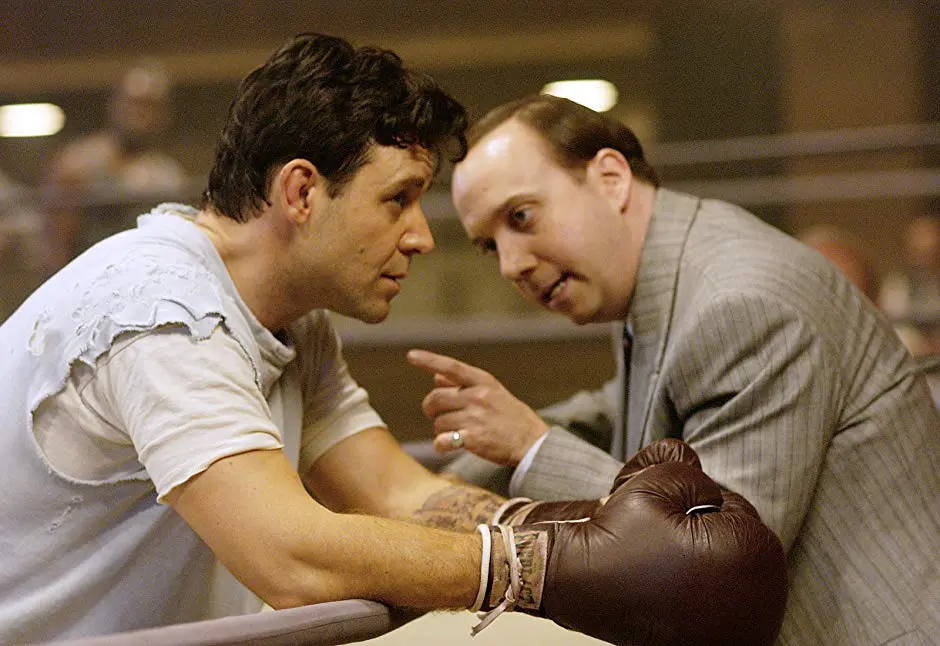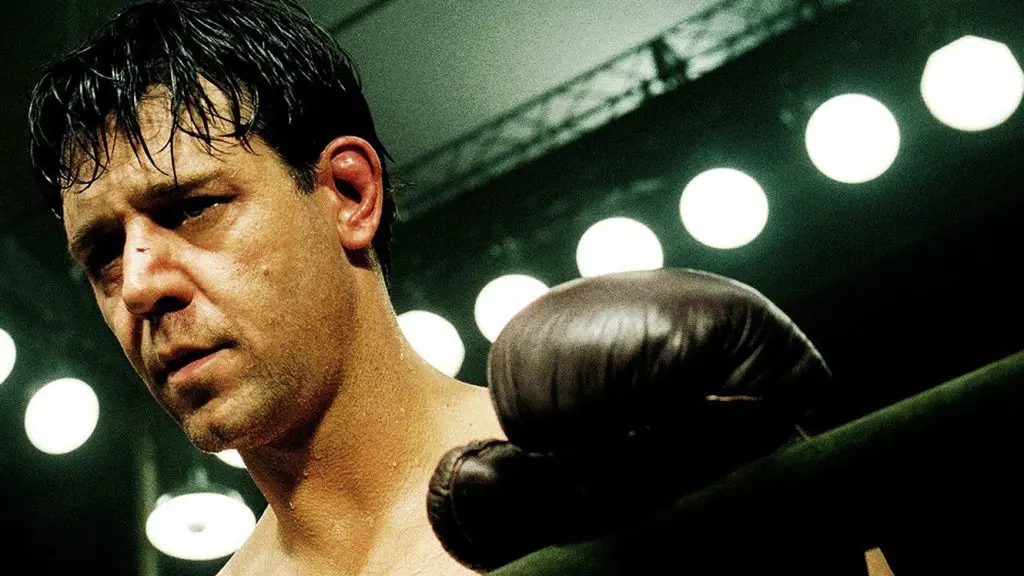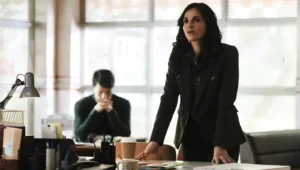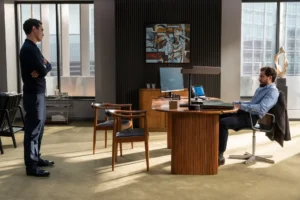Summary
A classic film of American history presented with peak professionalism from all involved, Cinderella Man still remains a film that must be seen.
If you’re looking for capable boxing fare in the wait for Creed 2, Ron Howard’s Cinderella Man is definitely worth a watch.
The film stars Russell Crowe as James Braddock, a once up-and-coming boxer just before the start of America’s Great Depression, who at that worst of times becomes down-and-going as a result of a growing number of unfortunate loses. As you would imagine, he becomes unable to provide for his family. And yet this state of being is made more oppressive to Braddock for the fact that he’s unable to provide for his family in a way commensurate to his self-defined standards.
You see, Braddock is a good man and his government has failed him. While many have grand ideas about how to remedy the ill that has met them, Braddock doesn’t want to riot, overthrow the government, or in any way blame others. He mostly stays positive, not out of cowardice or naivety, mind you, but from something deeply buried within him that hints at a clear order of things. He believes he and the country at-large will see themselves through the Great Depression. His concern now is to survive the temporary setback with his family and his dignity intact.
Long before he sees such an outcome, however, Braddock has an injury to his powerful right hand and loses his license to box, meaning he may have to find work beyond really the only work that has hitherto been available to him and now seems near-impossible in his further lessened state. That goodness so thoroughly flowing through Braddock is helped along by his wife, Mae, played affectionately by Renee Zellweger. She helps him partially conceal the injury by covering its cast in black shoe polish.

In accordance with the aphorisms “what doesn’t kill you only makes you stronger” and “hard times make strong men,” it is here — after his fatal injury and from his work in the dockyards — that Braddock eradicates the hidden weakness that had quelled his presumed ascension to the top of the boxing world a number of years earlier. When the opportunity to be knocked on for $150 arises, Braddock gleefully takes it and goes on to shock the world when he beats the number one contender for the championship belt.
I will go no further in saying what happens next, as it is easily what can be called must-see. The film masterfully builds on everything that has been carefully established in the first half of the story, now giving them stronger dimensions. New revelations are presented on the subject of marriage, on family and on the benefits and dangers inherent to it, on business and friendship, on appearances, and on dignity and what it means to keep it within one’s sight.
I will say that the boxing sequences seem largely the same as have been seen time and time again, except for one difference: Howard, through the performances elicited from his actors both in the ring and out, invests the bouts with such psychological penetration that you cannot stand the possibility of the man James Braddock not becoming the national legend.




